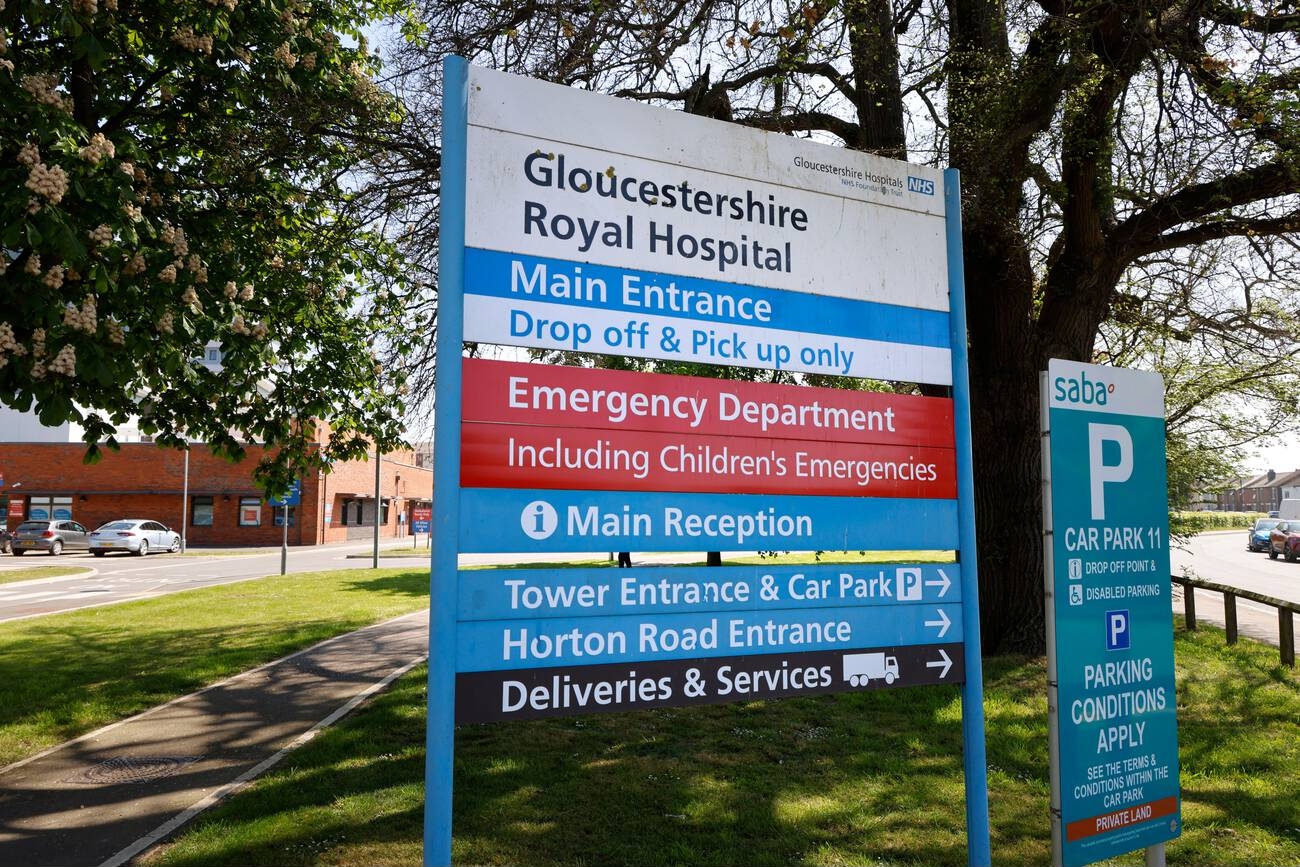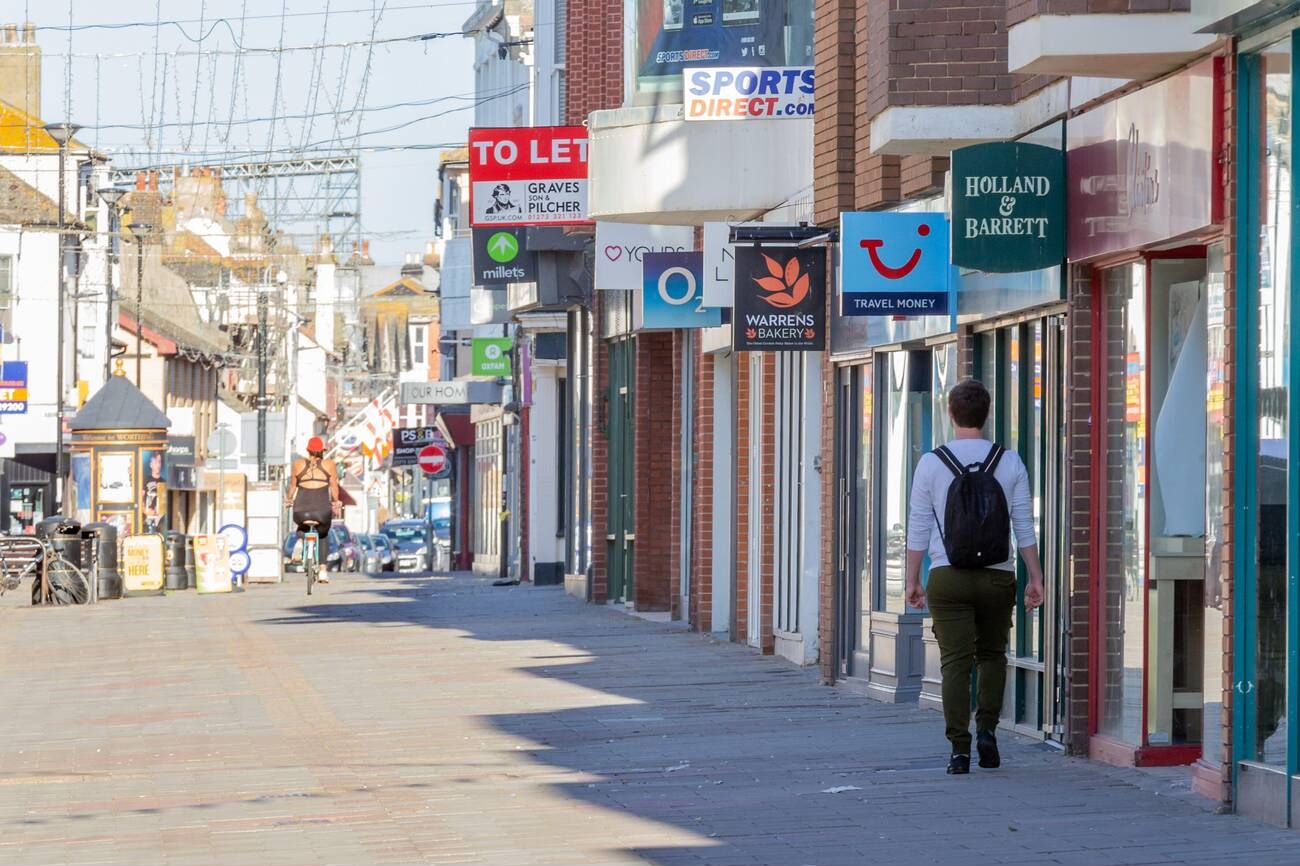Alarming rise in healthcare disparities in the UK
Public satisfaction with the National Health Service (NHS) has reached an all-time low, and dissatisfaction has reached an all-time

Public satisfaction with the National Health Service (NHS) has reached an all-time low, and dissatisfaction has reached an all-time high. Emergency departments, GPs, and dental services are the most dissatisfied with the NHS. Healthcare disparities in the UK have deepened the crisis in the NHS. Many Britons are unhappy with the inequalities in their access to NHS services. The British also express dissatisfaction with the declining quality of NHS services. The Starmer government says it plans to increase satisfaction and reduce inequalities in the NHS. This article examines Britons’ level of satisfaction with NHS services. It will also address the issue of disparities in access to NHS services.
Declining satisfaction with NHS performance
According to the latest annual patient survey, only 21% of adults in the UK are satisfied with how the health system works. Satisfaction with NHS services has fallen from 24% the previous year. 59% of British adults said they were dissatisfied with NHS services. The level of dissatisfaction with NHS services last year was 52%. Satisfaction has dropped significantly since 2010, when the Labor government left power (with 70% satisfaction), and 2019 (with 60% satisfaction, the year before the Covid-19 pandemic).
Britons dissatisfied with NHS emergency department services
Emergency departments (A&E) have the lowest satisfaction among NHS services. Satisfaction has fallen from 31% in 2023 to just 19% last year. Satisfaction with emergency services is the lowest in the 41 years of the British Social Attitudes (BSA) survey of patients in England, Scotland, and Wales. Also, satisfaction with NHS dental services has fallen from 60% in 2019 to 20% last year. Dissatisfaction with dental services (55%) is higher than any other service. Similarly, less than a third of adults (31%) are satisfied with the services provided by their GPs.
A shocking fall in NHS services
“It is by far the most dramatic loss of confidence in how the NHS runs that we have seen in 40 years of this survey,” said Mark Dayan, a policy analyst at the Nuffield Trust thinktank. Dan Wellings, a senior fellow at the King’s Fund, said: “The latest results lay bare the extent of the problems faced by the NHS and the size of the challenge for the government. For too many people, the NHS has become too difficult to access. How can you be satisfied with a service you can’t get into?”
NHS breakdown in patient service
Satisfaction is higher among those over 65, although this figure is only 27%. But satisfaction among those under 65 has fallen from 24% to 19%. There is also broad support for its fundamental principle that it should be free for everyone and funded by taxation. Health and Social Care Secretary Wes Streeting said: “We inherited a broken NHS, and this survey shows that patients agree. Ever-longer waiting lists, widespread corridor treatment, and a regular struggle to see your GP have led to these record levels of dissatisfaction with the health service.”
Healthcare disparities in the UK are widening.
A study has found that almost one in 10 people in the UK (9.7%) have been harmed by NHS treatment or delays in getting help in the last three years. In 45% of cases, the harm suffered was severe, and in 38%, it was moderate. Disadvantaged groups, such as people with disabilities, low-income earners, or those with chronic conditions, were more likely to suffer serious harm. So, Healthcare disparities in the UK are increasing.
Some diseases are on the rise across the UK.
British doctors have expressed concern about the rise in Victorian-era diseases such as scabies and the worsening Healthcare disparities in the UK caused by poor housing, air pollution, and poor access to transport. According to a survey of 882 doctors by the Royal College of Physicians, nearly 90% of them expressed concern about the impact of health inequalities on their patients. 46% of doctors said that at least half of their workload was related to diseases linked to social factors such as inadequate housing, education, and employment. Healthcare disparities in the UK have led to a rise in the number of patient. According to figures from the National Health Service (NHS), the disease is rising. In the year to April 2024, 3,689 cases of scabies were diagnosed in hospitals in England. The figures show a 73% increase in cases of scabies in the previous year, when 2,128 cases were recorded.
Calls on Starmer’s government to improve national health programs
The Royal College of Physicians has called on the government to outline how it can improve national health, prevent avoidable disease, and reduce pressure on the health system. Dr John Dean, the clinical vice-president of the Royal College of Physicians, said: “The UK government came into office promising bold action on the things that make us ill in the first place. Now, it must set out the details of its health mission and how the mission delivery board will tackle the root causes of ill-health such as poor housing, employment, tobacco, obesity, and air quality.”
Starmer’s short time to tackle growing inequalities in the NHS
Growing inequalities have led to an unprecedented decline in public trust in the NHS. Healthcare disparities in the UK are high. Starmer has promised to reduce inequalities with his plans. Statistics show that dissatisfaction with the performance of the NHS has increased in recent months. Access to the National Health Service has become too complex for many people. Dissatisfaction will increase by the day if the British government does not take action to improve the NHS. There is no time to waste in improving the NHS, as it is not doing well. Starmer must reduce inequalities in healthcare as quickly as possible.









